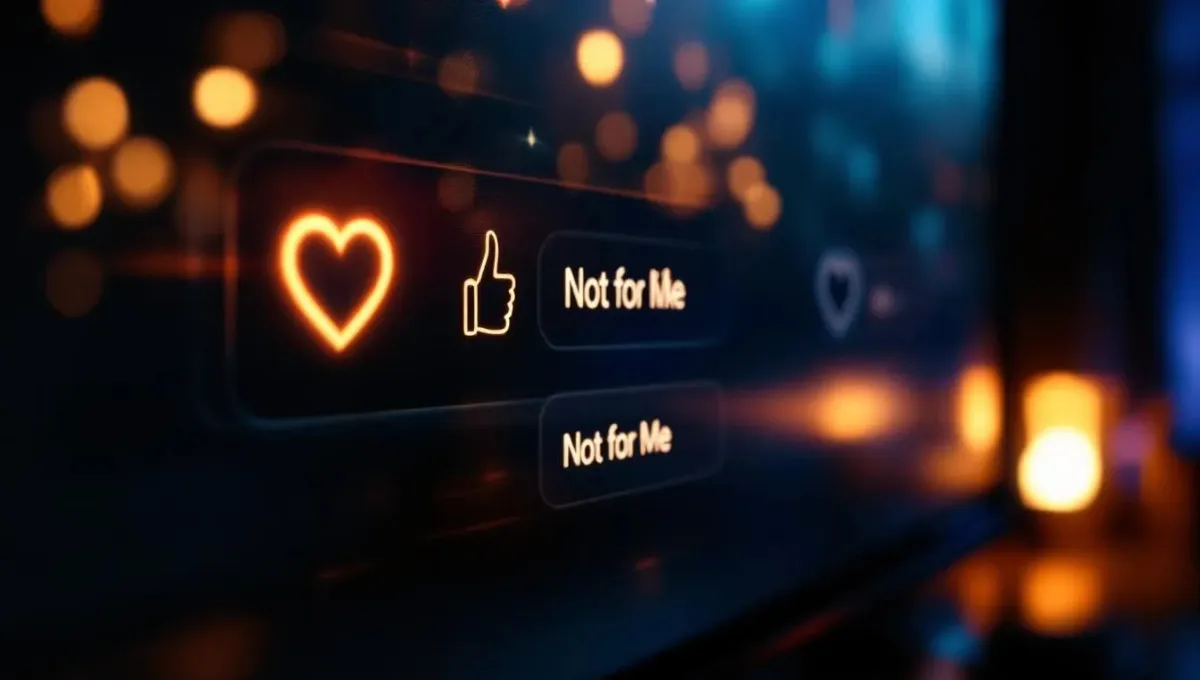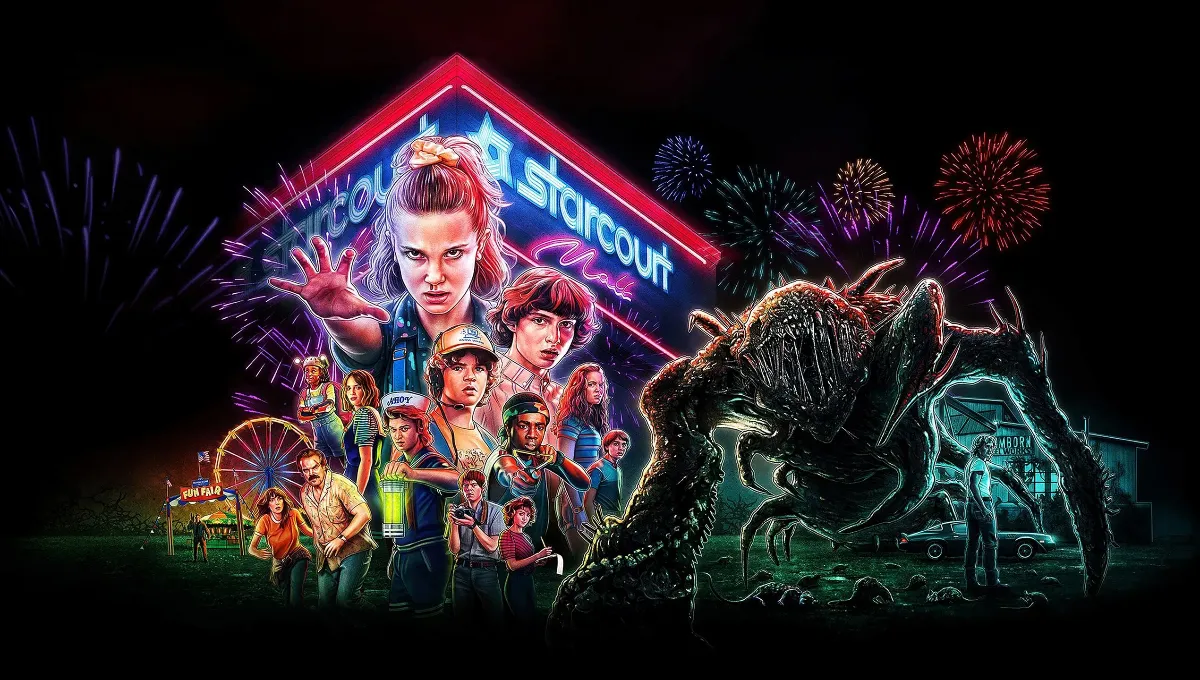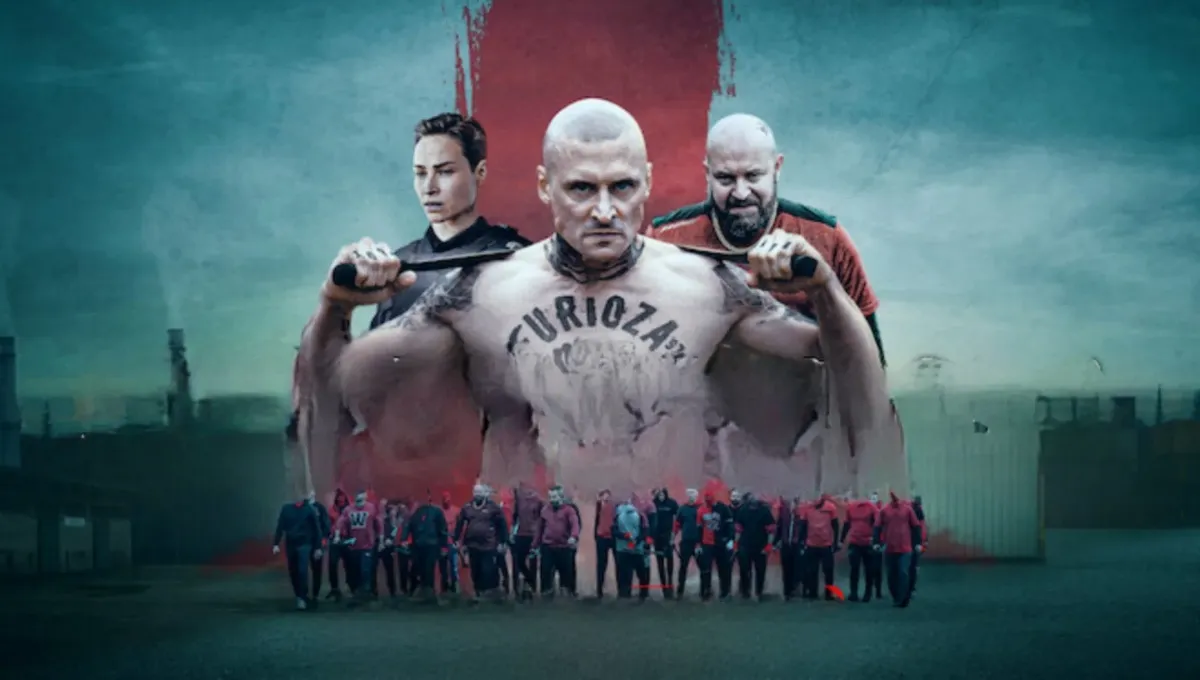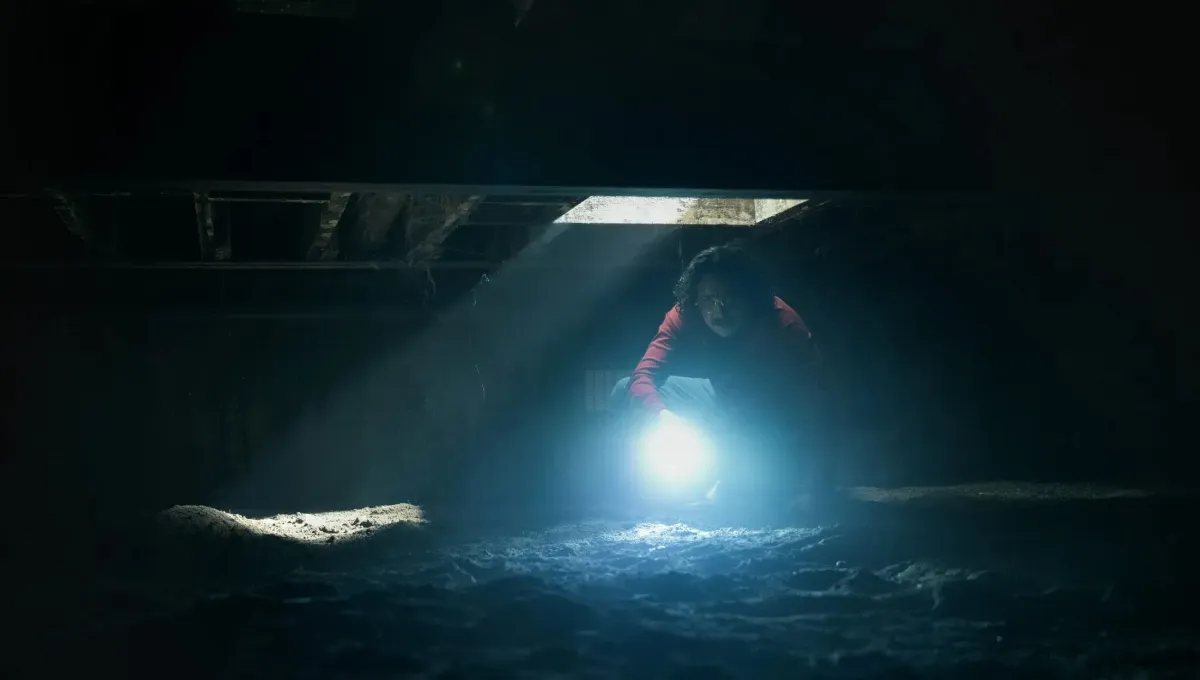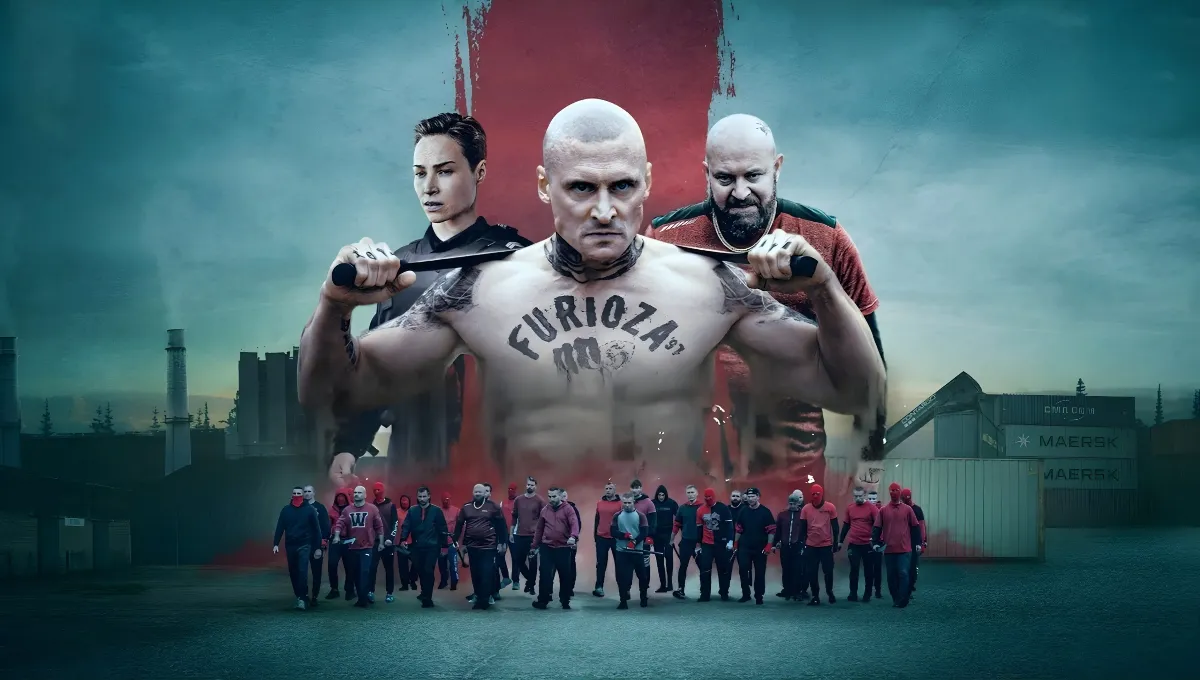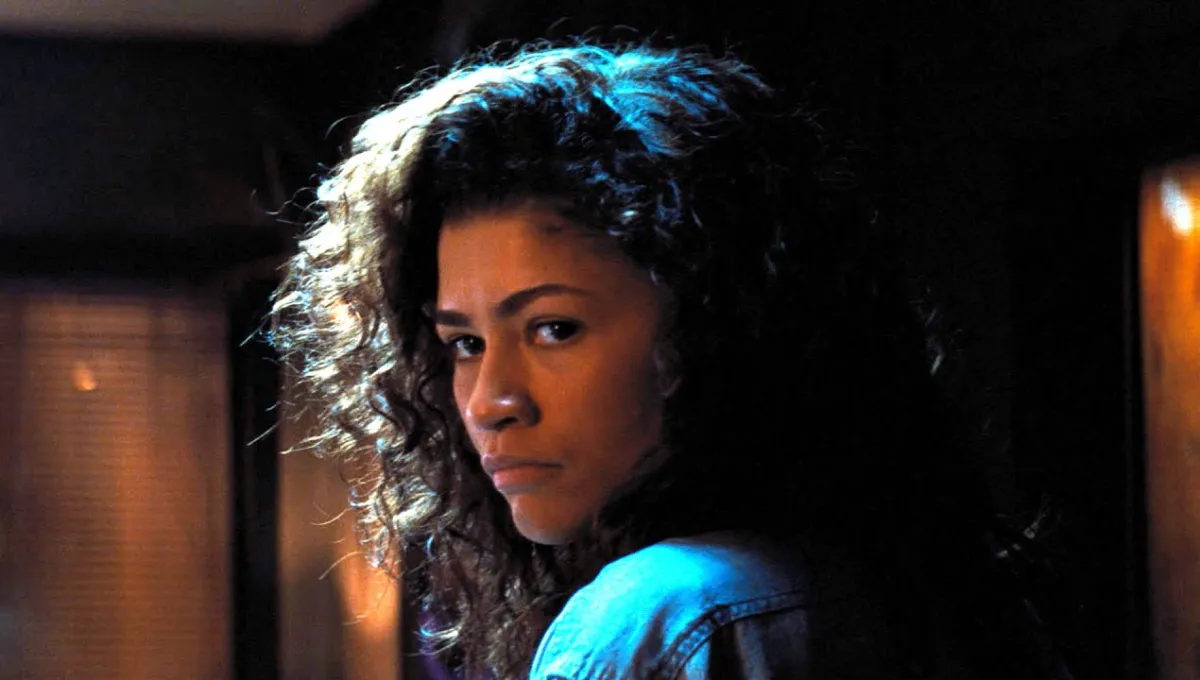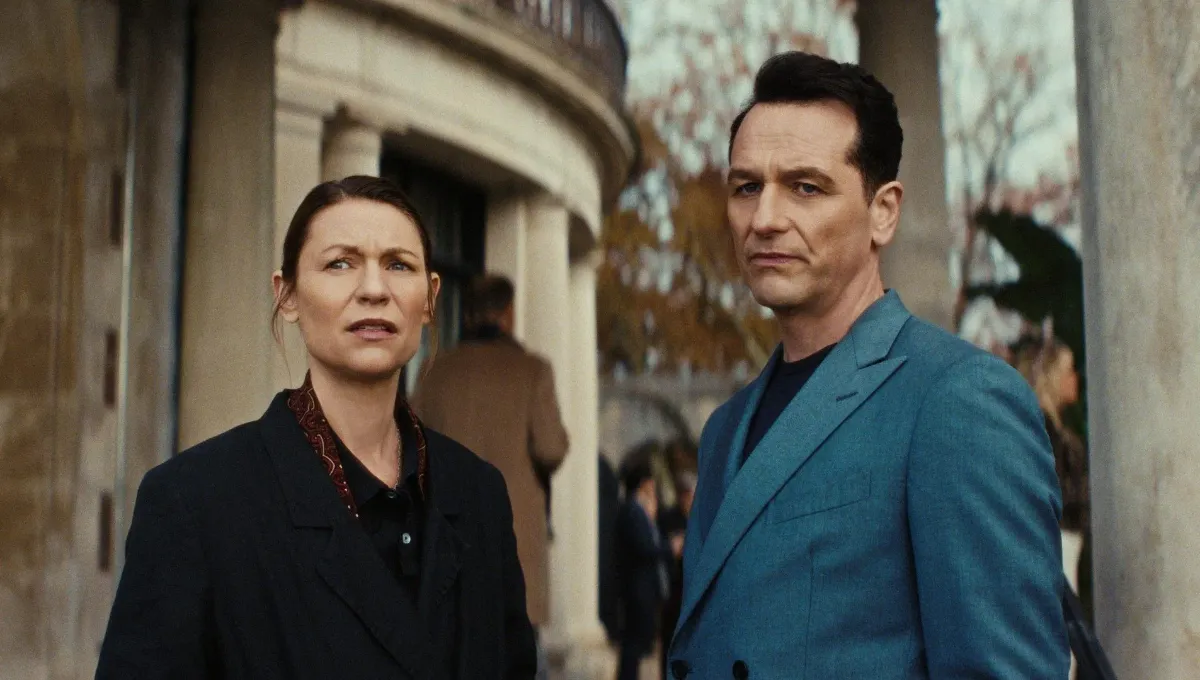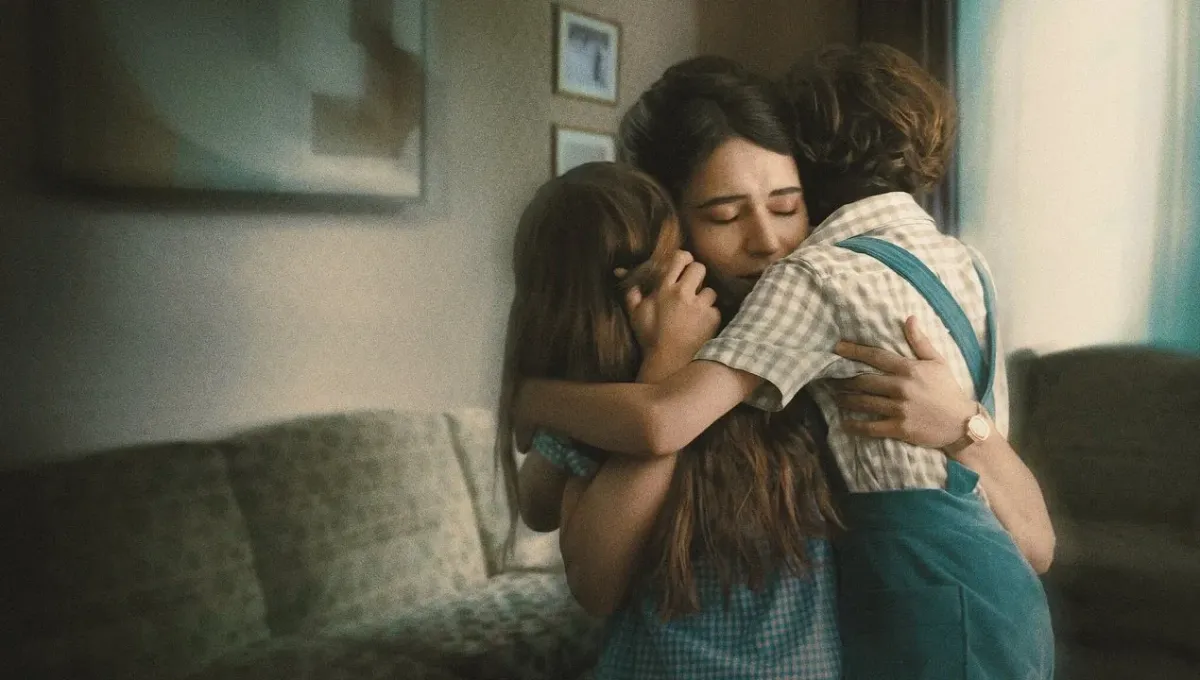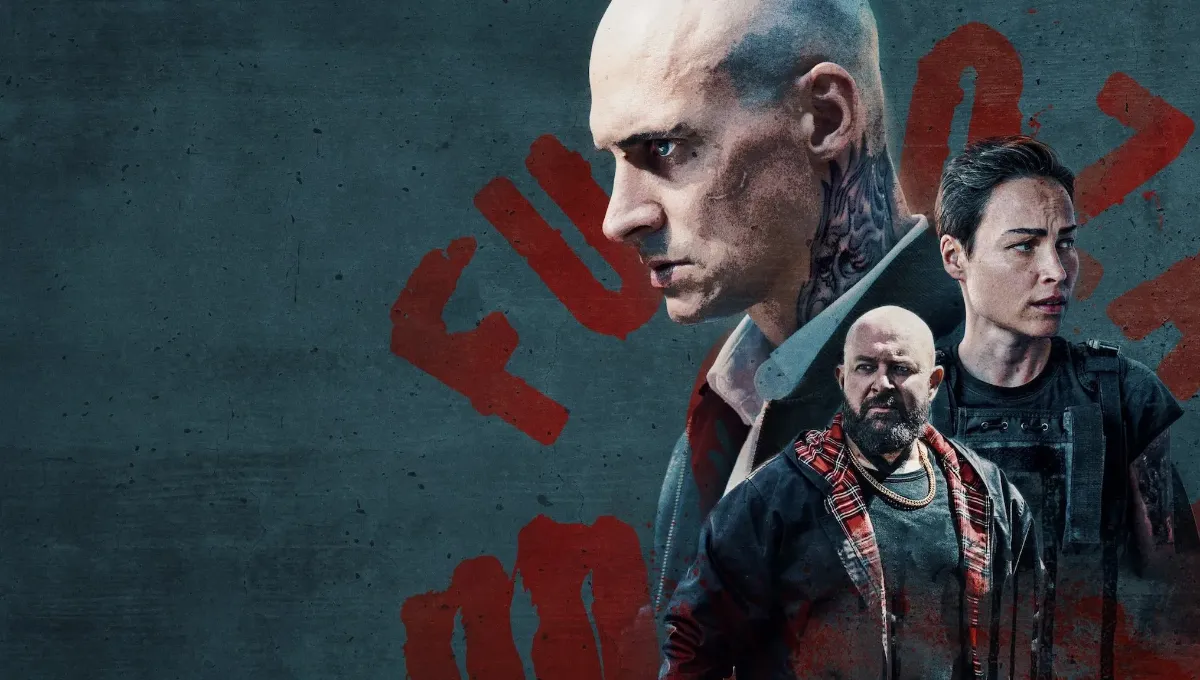Nobody Wants This isn’t just another romantic comedy. It’s a modern experiment in what happens when two wildly different worlds — secular openness and spiritual tradition — crash into each other and somehow find chemistry in the wreckage. The Netflix original created by Erin Foster has quickly become one of the most talked-about relationship series of the streaming era. Its mix of wit, warmth, and emotional risk has turned it from a near-implosion behind the scenes into a genuine cultural obsession. At its center is Kristen Bell as Joanne, a sharp-tongued, agnostic sex-and-relationship podcaster who believes she’s seen every kind of romantic chaos, until she meets Adam Brody’s Noah Roklov, a newly single rabbi trying to keep his faith — and sense of humor — intact. Their connection is immediate, combustible, and messy in all the right ways.
When Nobody Wants This first went into production, few inside Netflix expected it to become a mainstream hit. Early reports described chaotic rewrites, conflicting producer notes, and doubts about tone. Entire episodes were scrapped, new scenes were written overnight, and the crew worried that the balance between comedy and cultural commentary might collapse. Even the title sparked arguments: Foster’s original choice, Shiksa, a Yiddish term meaning “non-Jewish woman,” was considered too obscure for global audiences. Netflix insisted on something universal, and Nobody Wants This was born — an ironic name that critics now call a masterstroke of self-aware branding. What began as a project fighting for survival became the year’s most streamed new romantic dramedy.
The premise sounds simple, but the execution isn’t. Joanne and Noah’s love story plays out not in fairy-tale colors but in muted realism. She records explicit podcast episodes about emotional boundaries; he leads temple discussions about moral balance. She’s allergic to labels; he lives by them. The spark between them is undeniable, but the series constantly asks the harder question: Can attraction survive ideology? The show’s charm lies in that tension — every conversation is a negotiation between heart and head, independence and belonging. Bell’s comedic precision and Brody’s understated vulnerability make the pairing feel authentic, never contrived. Together they create a dynamic that feels like Before Sunrise filtered through The Marvelous Mrs. Maisel.
Behind that natural rhythm sits Erin Foster’s personal history. The daughter of legendary music producer David Foster, Erin spent years trying to find her voice in Hollywood. After acting stints and short-lived writing gigs, she nearly quit the industry — until her own Jewish conversion process inspired the foundation for this story. She described her spiritual journey to her manager, who suggested there might be a show in it. Foster resisted for years, unsure whether anyone cared about an agnostic woman falling for a rabbi. Ironically, that doubt became the emotional core of the series. Nobody Wants This is built on that insecurity — the fear of being too much and not enough at the same time — and it resonates with audiences because it feels lived-in.
When Netflix finally green-lit the project, the streamer pushed for bigger names, and Foster agreed to stay behind the camera. Kristen Bell, fresh off The Good Place and Veronica Mars, was the first and only choice. She reportedly studied Foster’s real-life mannerisms to capture Joanne’s neurotic warmth, even pasting photos of Foster around her trailer as visual reference. Adam Brody, once the teen heartthrob of The O.C., signed on after a single Zoom call with Foster. He later said he felt drawn to the script’s mix of humor and faith, describing it as “a love story for adults who stopped believing in love stories.”
Once released, the numbers spoke louder than the chaos. In its first six weeks, Nobody Wants This remained in Netflix’s global Top 10, reaching more than 57 million views worldwide. Critics praised its balance of satire and sincerity, calling it “compulsively watchable” and “chemistry in its purest form.” Audiences echoed that enthusiasm, flooding social media with memes, quotes, and even Halloween costumes based on the show’s characters. Few rom-coms since Emily in Paris or Love have generated that kind of fandom energy.
What sets Nobody Wants This apart from typical streaming fare is its emotional intelligence. The show refuses to reduce its characters to symbols. Joanne isn’t just a progressive woman challenging religious norms; she’s a daughter, a friend, a woman learning that vulnerability is not a weakness. Noah isn’t a caricature of faith; he’s a man torn between duty and desire, between ancient tradition and modern self-expression. Together they embody the universal conflict of contemporary love: how to stay true to yourself without losing your connection to someone else. That theme — more than any joke or set piece — is what gives the series its staying power.
The supporting cast deepens the world rather than crowding it. Justine Lupe plays Morgan, Joanne’s grounded sister and occasional voice of reason, while Timothy Simons as Sasha Roklov adds dry absurdity as Noah’s bumbling brother. Jackie Tohn and Tovah Feldshuh bring humor and warmth as the outspoken Roklov women, balancing the show’s faster, more biting dialogue with moments of old-school sentiment. Each character, however brief their screen time, feels like someone you’ve met — opinionated relatives, over-sharing friends, the coworker who gives advice you didn’t ask for.
Stylistically, Nobody Wants This walks a fine line between indie comedy and prestige drama. Its visual palette is warm but not glossy — real apartments, lived-in cafes, imperfect lighting that feels human. The camera often lingers on faces instead of spaces, trusting micro-expressions to deliver emotional beats. The dialogue is crisp, fast, and believable; jokes land not because they’re written as punchlines but because they grow out of personality. It’s the kind of show you can half-watch while scrolling, yet end up pausing because a line feels uncomfortably true.
As the second season arrives on October 23, expectations are sky-high. After the roller-coaster production of season one, Foster and Netflix recruited Jenni Konner and Bruce Eric Kaplan, veterans of HBO’s Girls, to co-run the series. This time, insiders describe a smoother process and a more confident creative tone. Season two reportedly focuses on Joanne and Noah’s life after the honeymoon phase — the intersection of commitment, family interference, and the exhaustion of constant self-improvement. New guest stars, including a few familiar comedy icons, will expand the social circle and test the couple’s ability to keep their shared rhythm. If the first season was about falling in love, the second is about staying there when the world keeps pulling you out.
What’s especially striking is how the show has crossed into real-world pop culture. A national restaurant chain even launched a themed menu titled “Everybody Wants This,” proving that the series has moved beyond screens into lifestyle territory. That kind of marketing tie-in used to belong only to superhero franchises; now a grounded romantic dramedy earns the same treatment. It’s evidence that the audience doesn’t just watch Nobody Wants This — they identify with it.
The impact goes beyond promotion. The show’s discourse has seeped into podcasts, dating-app conversations, and think-pieces about generational intimacy. It’s being cited in relationship therapy blogs as a surprisingly accurate portrayal of emotional negotiation. Viewers talk about Joanne’s monologues on fear, Noah’s sermons on patience, and the way both characters learn to listen without trying to win. In a digital culture that thrives on instant judgment, Nobody Wants This encourages something slower — reflection. That’s perhaps its quietest but most radical success.
From a business standpoint, Netflix has every reason to celebrate. The platform’s push toward smaller, voice-driven stories is paying off. Instead of relying solely on giant franchises, the streamer has shown that a series centered on human-scale conflict can still command global attention. With Nobody Wants This, Netflix captured an underserved audience: adults who want romantic escapism with emotional honesty. For the company, it’s proof that character-first storytelling still translates into binge numbers and brand loyalty.
For Erin Foster, the creator once told she was “too specific to succeed,” the success must feel vindicating. She transformed personal uncertainty into a mainstream phenomenon. Her writing is quick but thoughtful, weaving sharp humor with disarming sincerity. She’s not afraid to let characters fail publicly or apologize clumsily — the way people actually do. It’s this refusal to idealize or sanitize that gives Nobody Wants This its edge. Even its title has become a kind of wink: what nobody wanted has become exactly what everybody needs.
As of today, all episodes of Nobody Wants This season two are streaming on Netflix worldwide. Whether it earns a third season will depend on audience retention and buzz in the coming weeks, but signs point upward. Social chatter spiked overnight after the midnight Pacific drop, and early viewer reactions call the new episodes “funny, painful, and beautifully grown-up.” It’s the kind of praise that ensures repeat viewing — and that’s what drives renewal.
If the first season asked whether two people from opposite worlds could fall in love, the new one asks something harder: can they stay in love without losing themselves? That’s a question with no algorithmic answer — and maybe that’s why audiences keep watching. In a streaming landscape full of perfect premises and forgettable follow-ups, Nobody Wants This stands out because it dares to be messy, human, and real. It’s a series about imperfection that feels, ironically, perfectly timed.
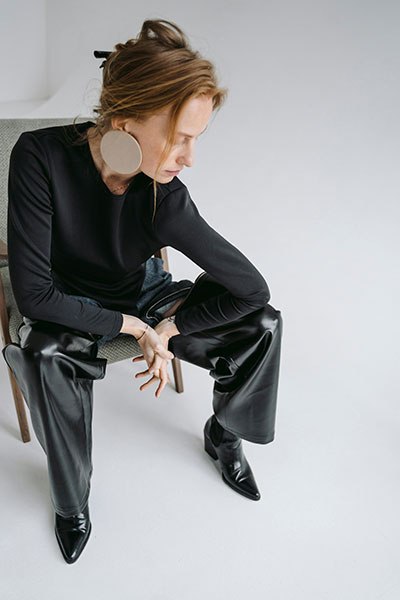
Grace Whitmore is a beauty and lifestyle editor at Nestification, exploring the intersection of modern femininity, quiet luxury, and emotional design. Her work focuses on how aesthetics, mindfulness, and self-expression shape today’s idea of calm confidence — where beauty becomes a state of mind.
Based in New York · [email protected]

